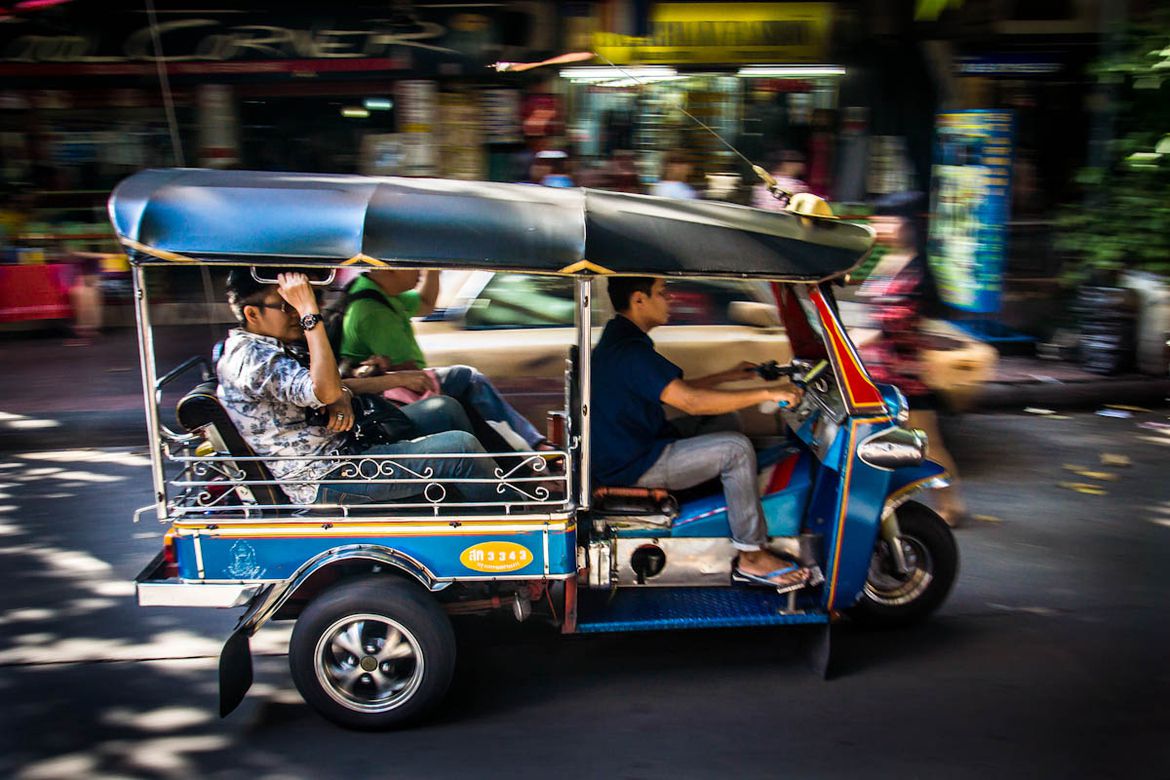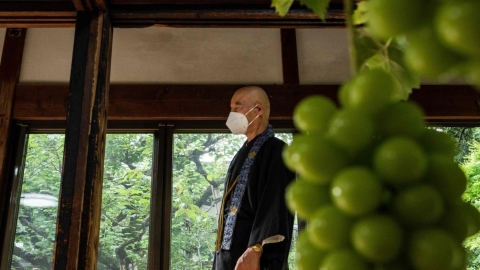Thai people are always welcoming to tourists. However, a growing number of scams targeting tourists remain. Based on his many trips to Thailand, writer Ronan O'Connell has identified the most common scams in the Land of Smiles.
Counterfeit money
When traveling in Thailand, you need to be wary of counterfeit money. Thai media frequently report on the proliferation of counterfeit currency in the market. If you are a tourist unfamiliar with Thai currency, you are very likely to fall victim to receiving these fake bills.
Therefore, tourists should learn how to distinguish between real and counterfeit money, exchange foreign currency at authorized counters, and avoid exchanging money at small, independent establishments on the street.
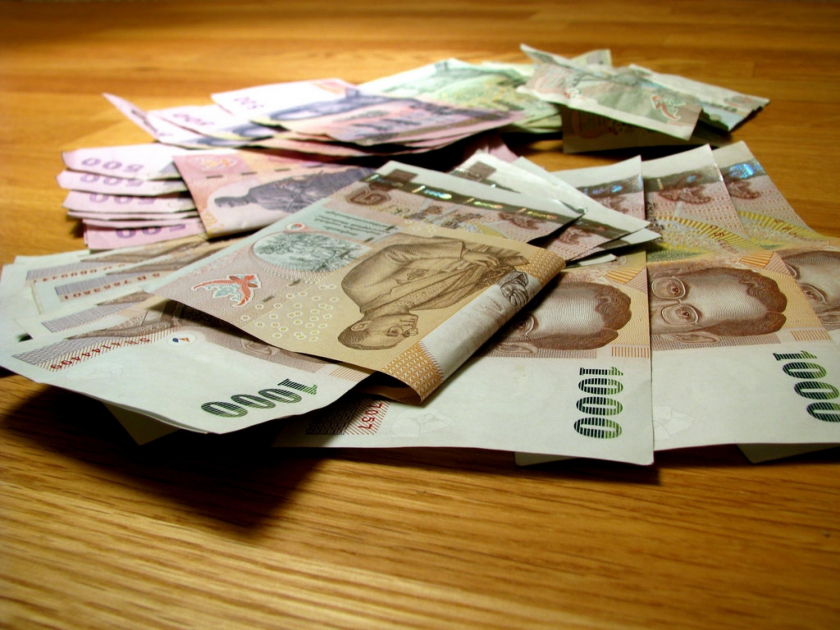
Make sure you are familiar with the banknotes before going out and spending them.
Taxi scams
Taxis are the most popular mode of transportation for international visitors to Thailand. The cost is not expensive if the driver uses the meter. However, not all drivers are honest.
The best advice is to make sure the driver agrees to use the meter before getting into a taxi. Otherwise, they might charge you an exorbitant price after the ride.
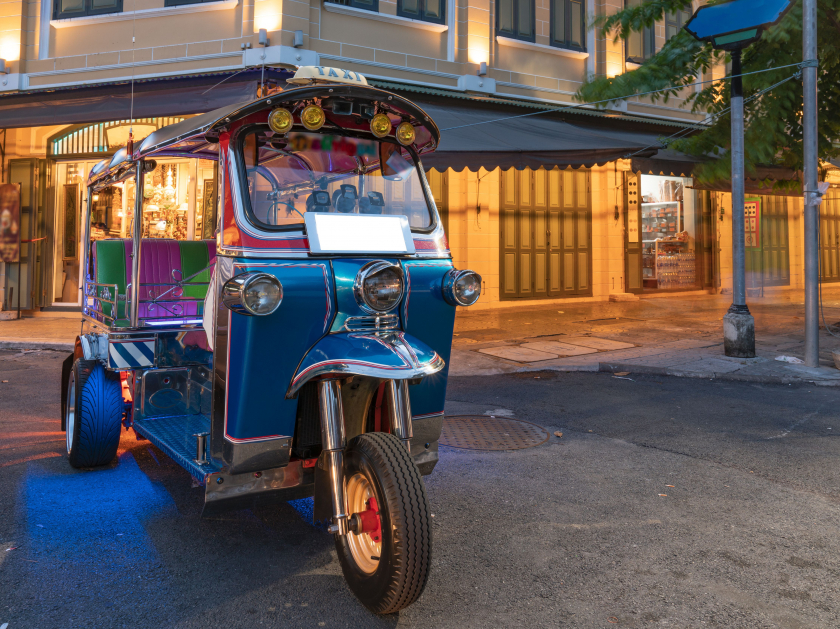
Tuk-tuks in Thailand
If the driver suddenly turns off the meter midway through the ride, remain calm and take a picture of their information, while simultaneously threatening to call the police. Most drivers will be scared and quote a reasonable price.
As for tuk-tuks, Thailand's iconic three-wheeled taxis, they're something the World Nomads writer thinks you should avoid. After taking a tuk-tuk ride to experience it, the reality is it's quite hot and unsafe. The price you pay isn't any cheaper than a taxi. Drivers also don't use the meter and often overcharge.
Risks of renting a motorbike
When renting a motorbike, tourists are often asked by the owners to pay compensation for damages not caused by them. You should take photos of the entire motorbike and send them to the rental shop as proof of its condition upon receipt. Also, do not let the rental company keep your passport; only agree to let them take a photo of it. Having your passport confiscated can sometimes put you in a difficult position.
You need a dashcam to record what happens. Driving in a foreign country isn't easy, even for experienced drivers. When accidents occur with other vehicles, tourists are often at a disadvantage due to not understanding Thai. A dashcam is very useful in this situation.
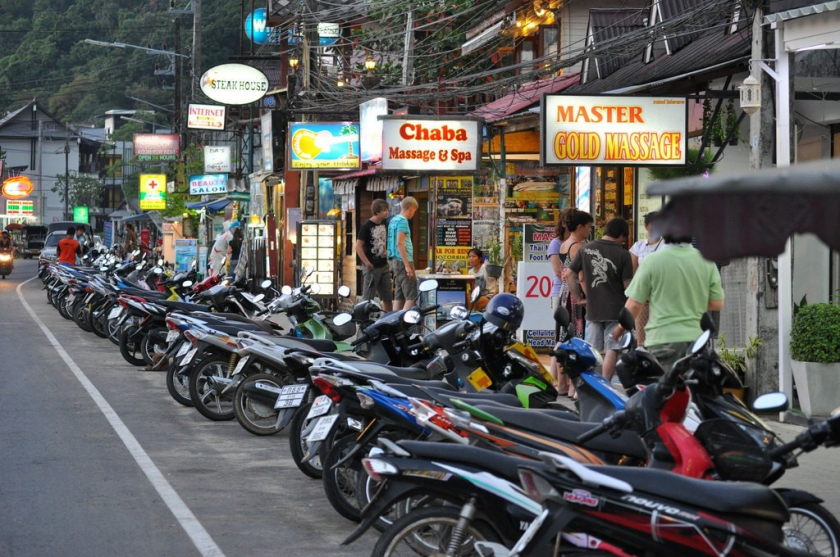
Tourists are often held liable for damages caused by vehicles that are not their fault.
The reality is that riding a motorbike in Thailand is unsafe. According to the New York Times, 2019 statistics show that Thailand has the second highest number of motorbike accident fatalities per capita in the world.
Water sports
Ronan recounted how his two friends' trip was ruined by a scam involving water sports.
"At the beaches, many people offer services like jet skis, kayaks, parasailing... My friend rented one of their jet skis. After returning it, they claimed my friend had damaged it and demanded exorbitant compensation," Ronan said.
According to him, tourists should book these services through reputable agencies or 4-5 star hotels. In the event that the provider chosen by the hotel intentionally commits fraud, the hotel will still stand by the customer.

Tourists should book these services through reputable agencies or 4-5 star hotels.
In addition to countless other scams, Ronan has listed some less common but not uncommon ones.
For example, you shouldn't buy expensive gemstones or jewelry in Thailand unless you're an expert or have someone qualified with you. They often sell fake or low-quality items to tourists.
Bars in red-light districts often inflate prices on the bill. Make sure you know the price of your drinks before ordering.
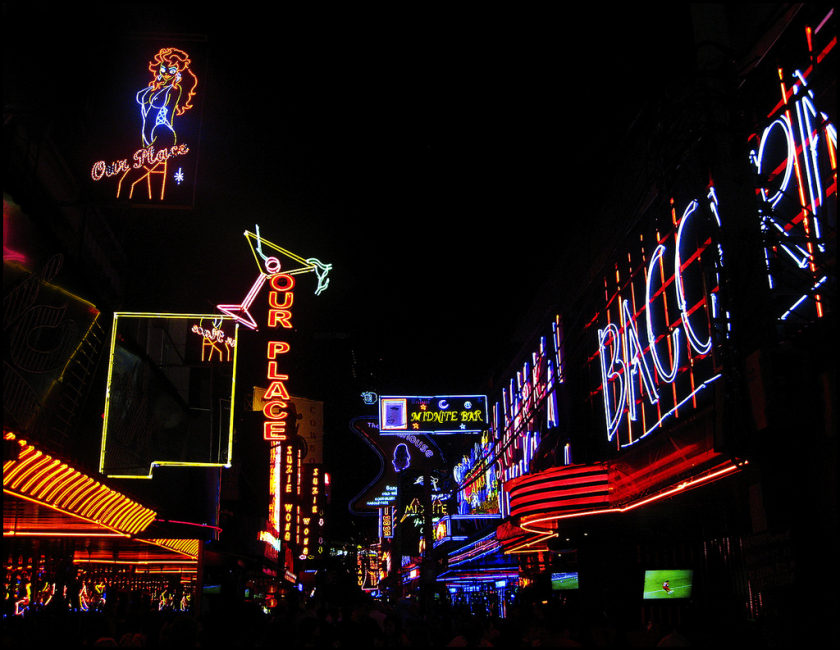
Additionally, if a tuk-tuk driver suggests a low-priced tour to a tourist, they will often take you to places like tailor shops, gift shops, and jewelry stores. These drivers receive a commission from the shops for luring customers there.
And finally, be wary of Thais who speak fluent English and suddenly strike up a conversation at tourist spots, often temples and palaces. They will inform you that a place is closed or not recommended and then suggest an alternative activity. This is a scam tactic used to sell tours.

 VI
VI EN
EN



